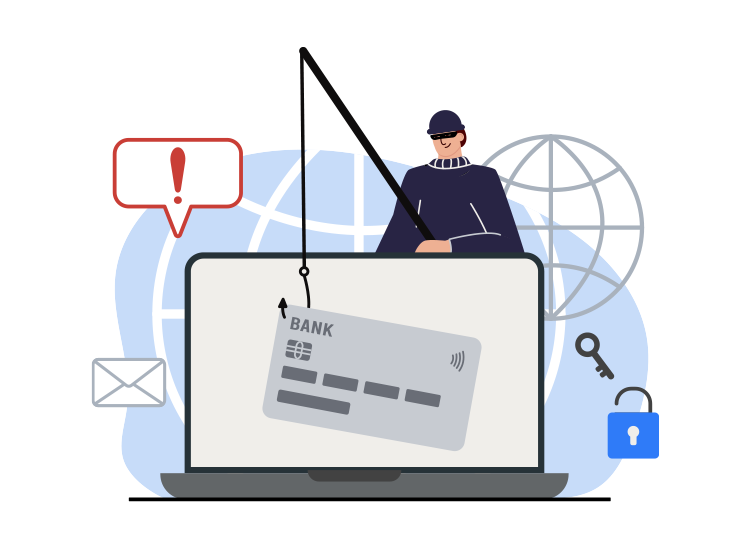
Victim fraud shame is a very dangerous thing that may happen to those who become online victims. Some of them may not know how to protect themselves or do not pay enough attention online.
No matter if it is about those paying money to unknown people, or about some people who expose their sensitive data. But let’s see what this shame is.
More about victim fraud shame
Often, users who become victims need to also support shame. This is because people do not know too much about online threats, so they cannot protect themselves.
A simple click on a malicious link or the wrong reaction to a phishing email can do more harm than hackers do. Once affected by the lack of attention or knowledge, they simply do not need someone else to blame them even more.
But this blaming exists and this is called fraud shame. Thus, victims feel responsible for what the attackers did. As a result, they can lose everything, from their families to their jobs, and friends. This fear makes many of them not report the incidents.
According to The National Cybersecurity Alliance, 20% of American adults older than 58 years lost money or data during online attacks. Still, The American Association of Retired Persons (AARP) says over half of Americans consider that victims are blameworthy.
This kind of attitude is harmful for victims, who feel embarrassed, and become reluctant to report the incidents. As a result, villains feel that they are successful in their unlawful activities. Also, it makes victims feel lonely, and they become more exposed to such scams.
So, victim fraud shame encourages hackers, as the authorities do not catch them, if there are no reports.
It is essential to recognize that anyone can become a victim of cybercrime, regardless of their age, education, or technological proficiency. Cybercriminals are becoming increasingly sophisticated, employing social engineering tactics that can deceive even the most vigilant individuals. The focus should not be on blaming the victim but on understanding the tactics employed by cybercriminals and empowering individuals with knowledge and skills to stay safe online.
How to fight against it?
Whenever a close person complains about becoming a victim, people around should help them report the crime. Also, they need support to learn how to identify such attempts and online hygiene.
Remember that any unreported cybercrime means more trustful villains, who can come back anytime. Losing self-respect, money, and sensitive data should not be the right price to learn how the online world works.
Permanent and large-scale informative classes should happen all the time. Also, we need to use trustful online free tools for those who do not realize online dangers. Any experienced user can become a good source for those who are vulnerable. Remember to encourage them to talk and report cybercrime, and behave carefully, so they can get through these difficult moments, and stay safe online.

